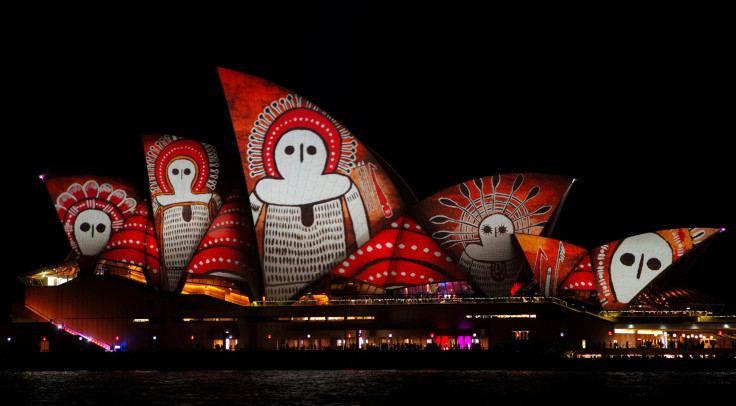Close the Gap: Government 'not making enough progress' to help Indigenous Australians

Prime Minister Malcolm Turnbull’s Close the Gap report for this year reveals more has to be done to bridge the gaps Indigenous Australians continue to face.
The ninth Close the Gap report, handed down by Turnbull on Tuesday, showed the targets concerning health, education and employment have not experienced growth. Meanwhile, some of the other targets have regressed.
"Even with successive Commonwealth and state governments investing more resources, and even with tens of thousands of dedicated Australians seeking to contribute and engage, we are still not making enough progress," Turnbull said. "We have come a long way since the referendum, but we have not come far enough.
In 2008, 45 percent of Indigenous Australians aged between 20 and 24 years had completed Year 12. According to the Closing the Gap report for this year, the same number increased to more than 61 percent. The target concerning literacy, the prime minister said, was “narrowing and achievable.” Nevertheless, Indigenous students were fulfilling just one of the eight literacy and numeracy targets, according to the report.
The effort to bring down Indigenous child deaths appears to be stagnant. Turnbull said the target is not on track. "We are also reminded of the fragility of life and the heavy burden of families, communities and governments," he said.
The report also revealed the target to bring down the Indigenous unemployment to half its current number by 2018 will not be achieved. However, Turnbull said the same will be re-evaluated in partnership with Aboriginal organisations.
Indigenous Health Minister Ken Wyatt said one of the ways to bridge the gap is introducing changes to the justice system. The issue of racism must be confronted in order to achieve progress in health targets, Wyatt said.
Wyatt, who was the first indigenous Australian to hold a Cabinet position in federal parliament, also said education targets can be improved by adopting more measures in the early years. “Part of our challenge are the social determinants,” Wyatt said.
A large part of the positives achieved have been diluted by the lack of progress, Jackie Huggins, co-chair of the National Congress of Australia's First People's, said. "While there have been some positive changes, the negatives totally overpower this in relation to where we are heading as a community," she said. "We say enough is enough, it is not good enough, and we deserve much better."
The organisation presented a blueprint for change at a breakfast hosted at Parliament House on Tuesday. Among the attendees were Turnbull, Opposition Leader Bill Shorten and Greens leader Richard Di Natale.
The organisation urged the leaders to show support for the Redfern Statement, which was released during last year's election campaign. Among other things, the statement urges reversing federal budget cuts, reducing incarceration rates and family violence, and establishing an independent department for indigenous affairs.





















